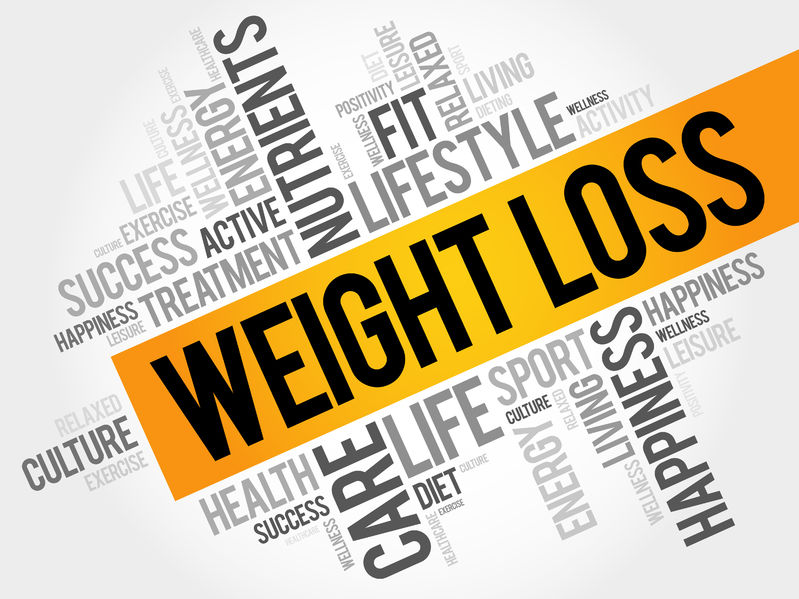
Do you have a seemingly intractable weight loss problem? Do you feel “fluffy”, sluggish, and frumpy? Did you try all kinds of diet regime and workout programs to naturally lose weight, but failed? Then, having a bariatric surgery, including gastric lap-band surgery, can be the solution you need.
Lap-band surgery is a minimally invasive procedure wherein a bariatric surgeon will place an adjustable belt made of silicone around the upper part of your stomach. This will restrict the size of your stomach and as a result, controls your hunger.
It may sound very promising, but it is only a device that will help you have a healthier digestive regime. People automatically assume that this is a one-hit-wonder, when in fact it requires hard work to maintain a healthy weight for a long time. Therefore, knowing the side-effects of lap-band to your body and the changes you need to follow for your new diet will help you make the most of the surgery.
Side-effects of Lap-band Surgery
Below are the following general effects of lap-band surgery:
- It increases your feeling of satiety.
- It decreases your desire to eat.
Imagine your stomach to be divided into two, the first half will be like the size of a chicken egg, and the second half will be the rest of your stomach. Lap-band surgery works this way. By dividing your stomach, the smaller pouch will control the amount of food that can be held in the stomach at any one time.
What will happen if you eat too fast and too much?
Obviously, you instantly feel discomfort or nausea since your smaller pouch will not be able to pass enough food on the lower stomach. One of the biggest advantages of this type of bariatric surgery from the rest is that the food you consume will be absorbed and digested normally. You will not experience malabsorption.
Managing Your Eating Habits and Digestion
Lap-band surgery is considered to be the least effective weight loss surgery. The reason for this is patients refuse to change the fatty and high-calorie food for a healthier diet. Self-destructive patients tend to chew their food slowly and consume high-calorie beverages.
To make sure you will not regain your weight back after the procedure, follow the tips below:
- Eat slower, chew your food well, and take a smaller portion of food. It is advised that you take your time in chewing your food so that you will avoid unpleasant discomfort. It is suggested to spend at least 20 minutes for each meal.
- Avoid eating hard food such as nuts, seeds, dried fruits, broccoli, and bread. Your surgeon will guide you and give you a new diet plan for the first few weeks after your surgery.
- Avoid drinking carbonated drinks. It is not only bad for your health but it also causes pain due to the gas expansion caused by the carbonation.
- Exercise. You need to stay active. Try something you enjoy and do it for at least 30 minutes a day to maintain a healthy weight.
Choose the #1 Surgeon
If you are looking for a reputable lap-band surgeon in Long Island, New York, then look no further. Dr. Arif Ahmad is a recognized top surgeon in America who specializes in minimally invasive surgery. He has an impeccable track record and continues to pursue the best results for his patients.
For a free consultation, please contact us or call him at 631-689-0220.









